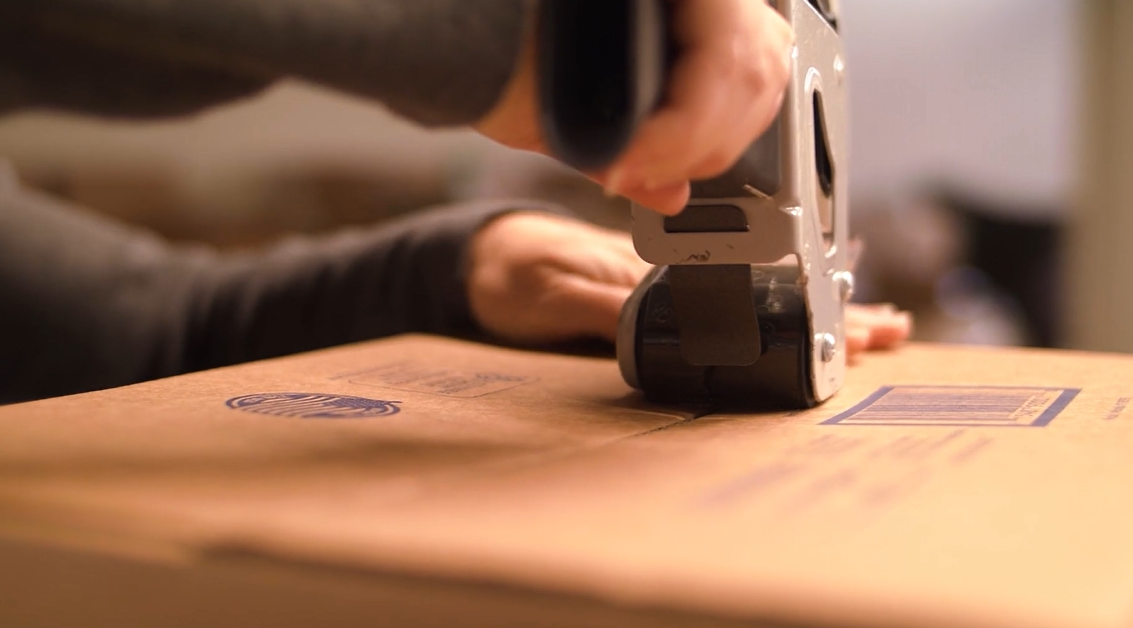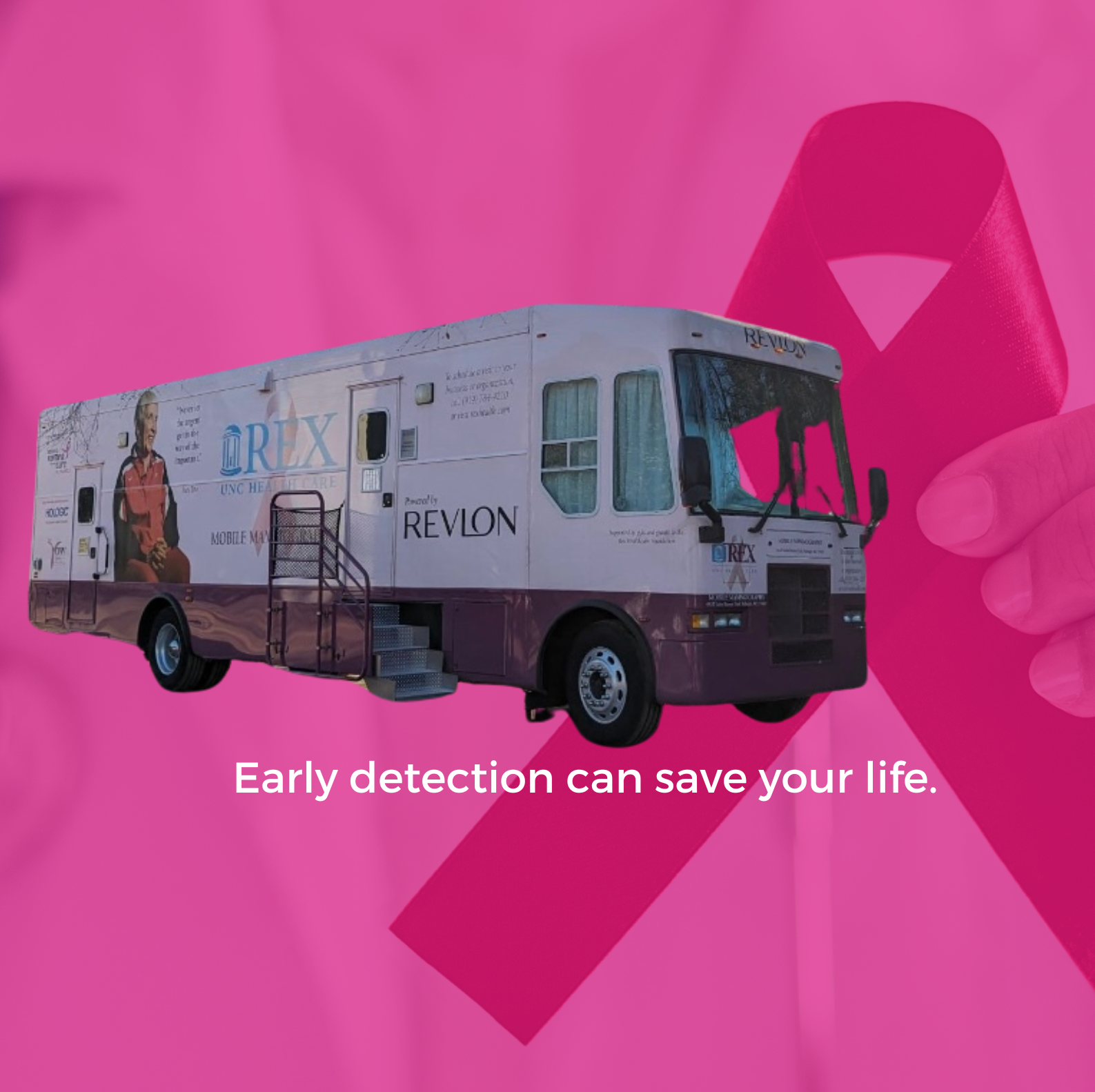March 2020 upended lives across the globe. Now, here we are, almost two years into the public health crisis known as the COVID-19 pandemic. Many business operations came to a halt. Organizations were forced to close their doors. Fortunately, Urban Ministries of Wake County was able to continue to thrive and serve its community through healthcare, shelter, and food and nutrition.
UMWC’s Open Door Clinic, for example, has changed the way it delivers care to its patients. Because of COVID, the clinic was forced to reduce the number of volunteers to ensure social distancing and the safety of personnel and patients. It immediately switched to offering telehealth options, which ultimately provided more options and flexibility and created an avenue to connect even more patients to care. Staff developed initiatives to educate and inform patients about the virus, created partnerships with agencies to offer COVID testing and vaccination, and implemented a COVID-19 case management team. Although the clinic re-opened in-person visits, it is still currently operating on a hybrid telehealth/in-person model to continue to cater to the needs of all patients.
Dee Jackson, Program Manager for UMWC’s Helen Wright Center for Women, talked about the challenges brought on by the pandemic and how she and other staff have overcome them. One challenge is having three locations. Logistically, multiple locations allow for some things to fall through the cracks. However, the center has been fortunate enough to avoid any COVID-19 outbreaks through social distancing, sanitizing stations, and offering vaccinations. Because of the pandemic, many women are allowed to stay for longer than the program originally allowed, thus forcing staff to implement new ways to keep residents constantly engaged. According to Jackson, having trained staff who know the job well and stick to policies in place has been integral to navigating the pandemic.
Situations are always changing, but one thing that remains constant is the need for food security in our community. This year is about getting back to as close as possible to normalcy, according to Nick Robertson, Director of Hunger and Nutrition for UMWC. Over the last two years, volunteer faces in the food pantry have changed and so have volunteer hours and operation times. However, Robertson is determined to continue to serve as many people in need as physically possible. Through partnerships, such as with Wake County Health Extension, Robertson, pantry and staff are able to serve more people in the community than before. Earlier in the pandemic, the pantry switched from completely client-choice to a drive-up model allowing clients to remain in their cars and have their groceries brought out to them. The pantry also began to operate four days a week opposed to five. Robertson has accepted that things may not go back to being the same as before the pandemic, but is dedicated to expanding the program and reducing hunger in Wake County and beyond.






